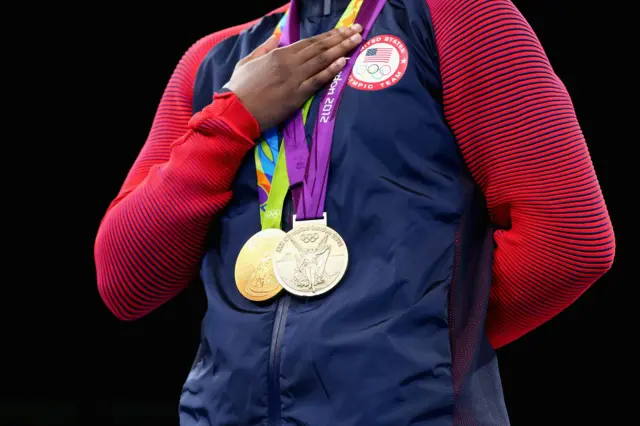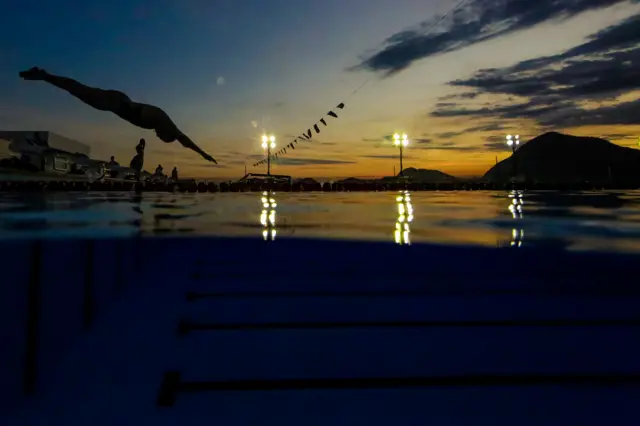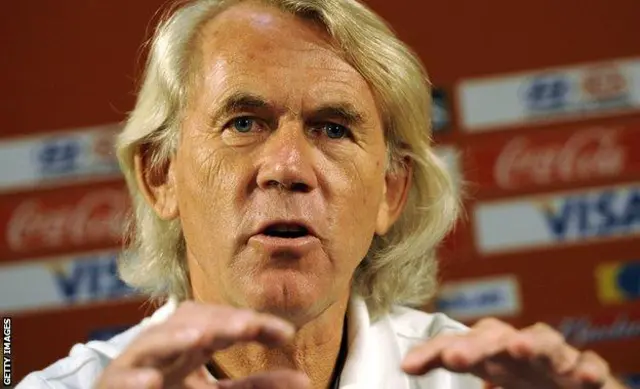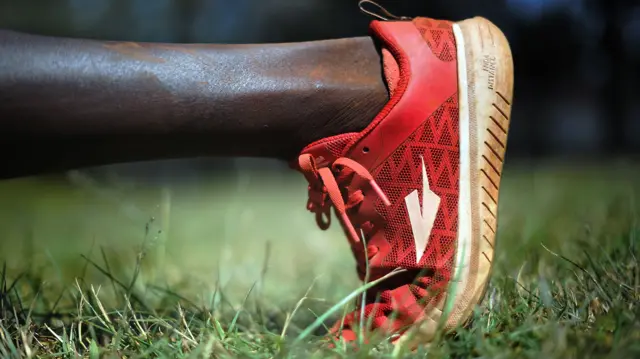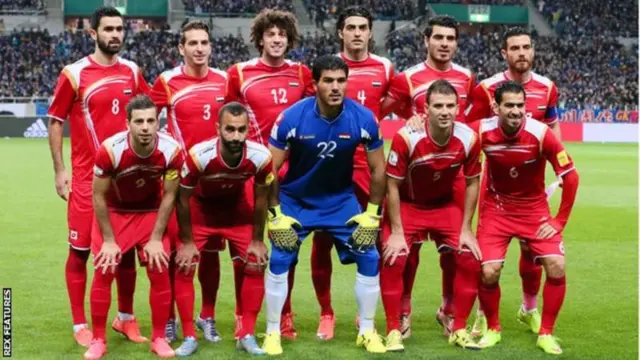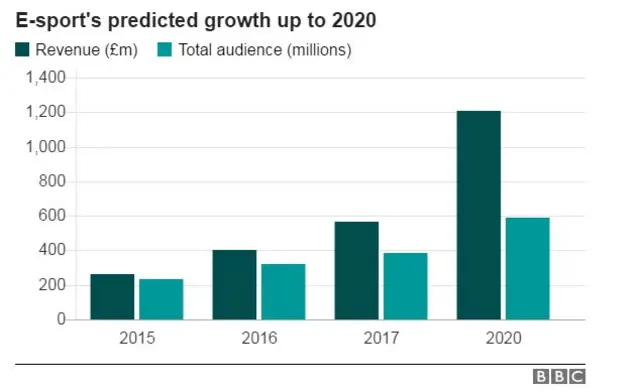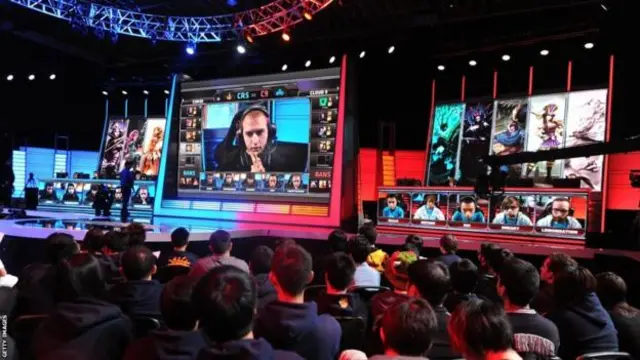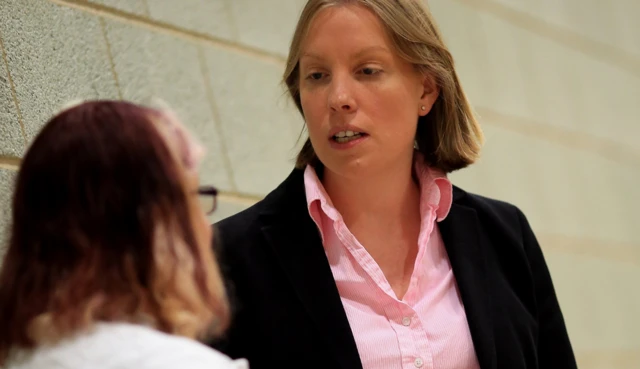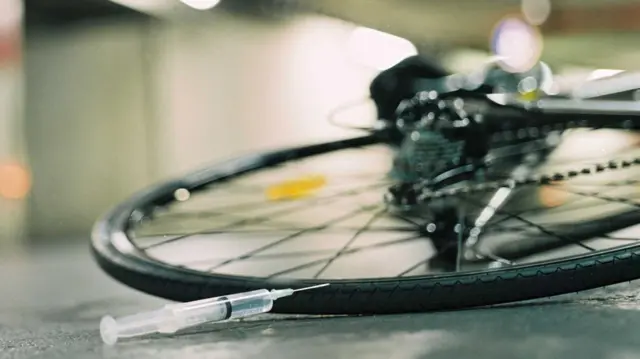How cricket is helping to heal Rwandapublished at 20:10 GMT 24 March 2017
Sport saved my life
Rwandan genocide survivor - how cricket helped heal our country
Audifax Byiringiro, a Rwandan cricketer, tells his harrowing story of escaping the 1994 genocide and how cricket has helped play a part in the healing process.
